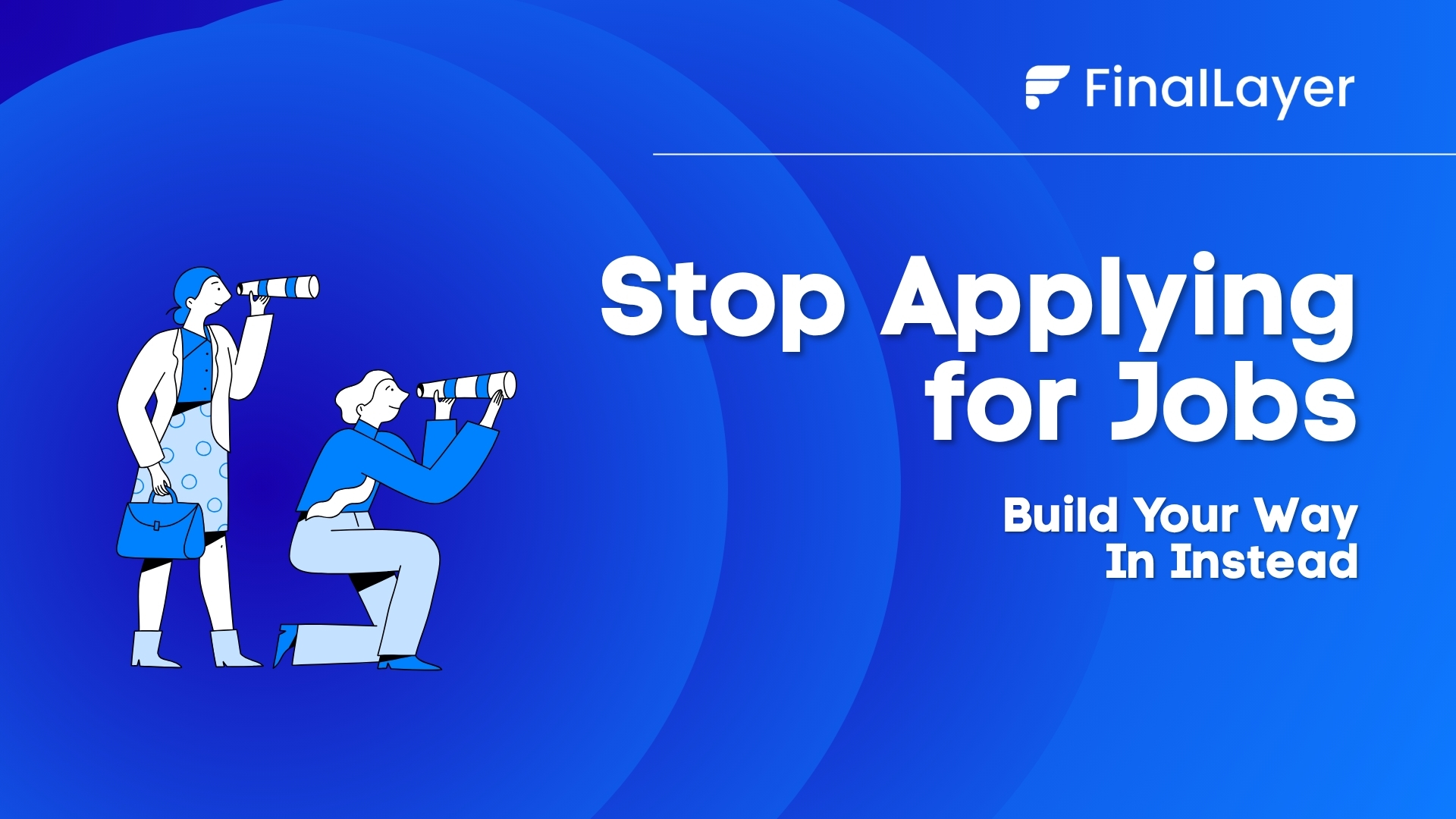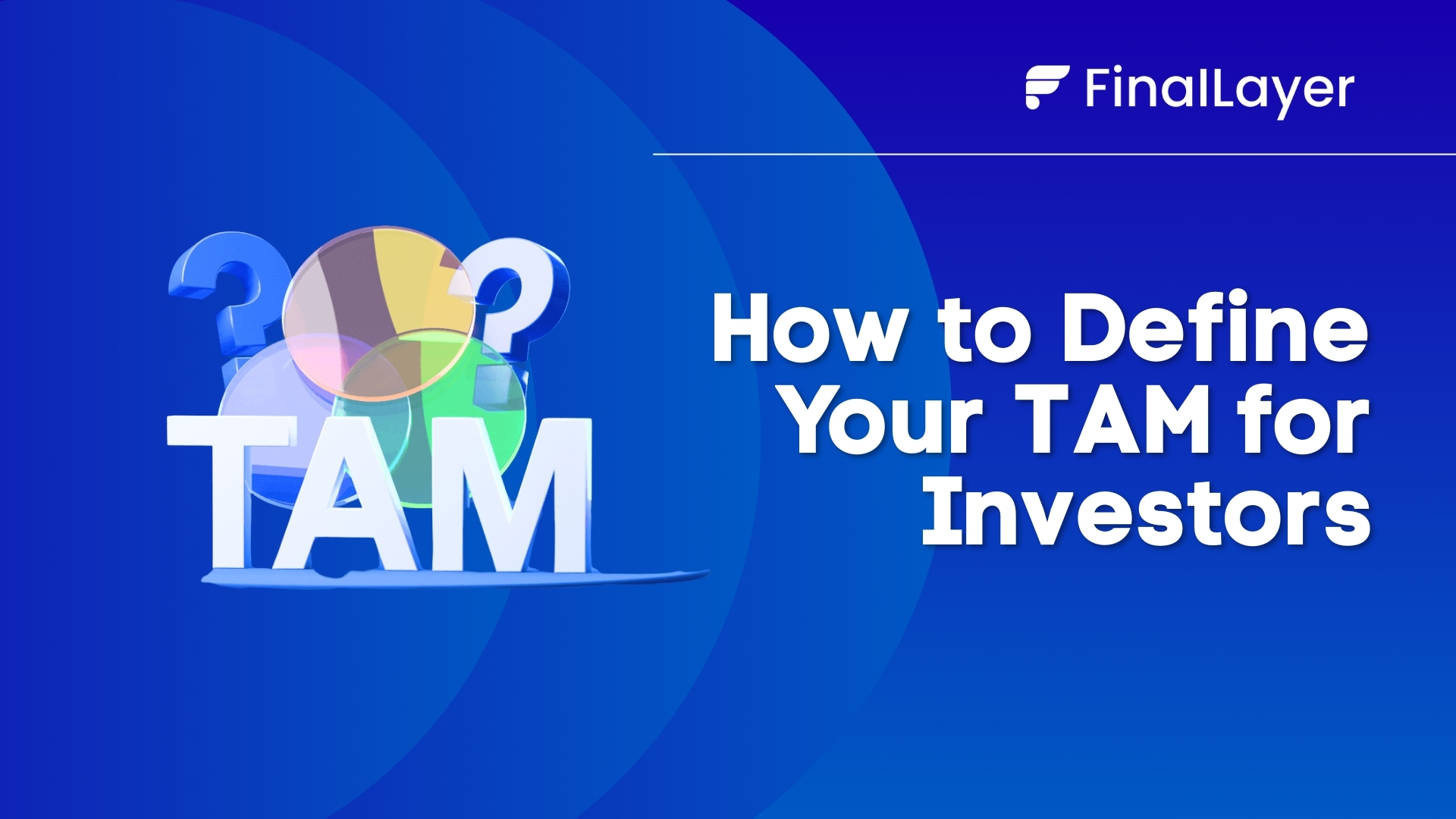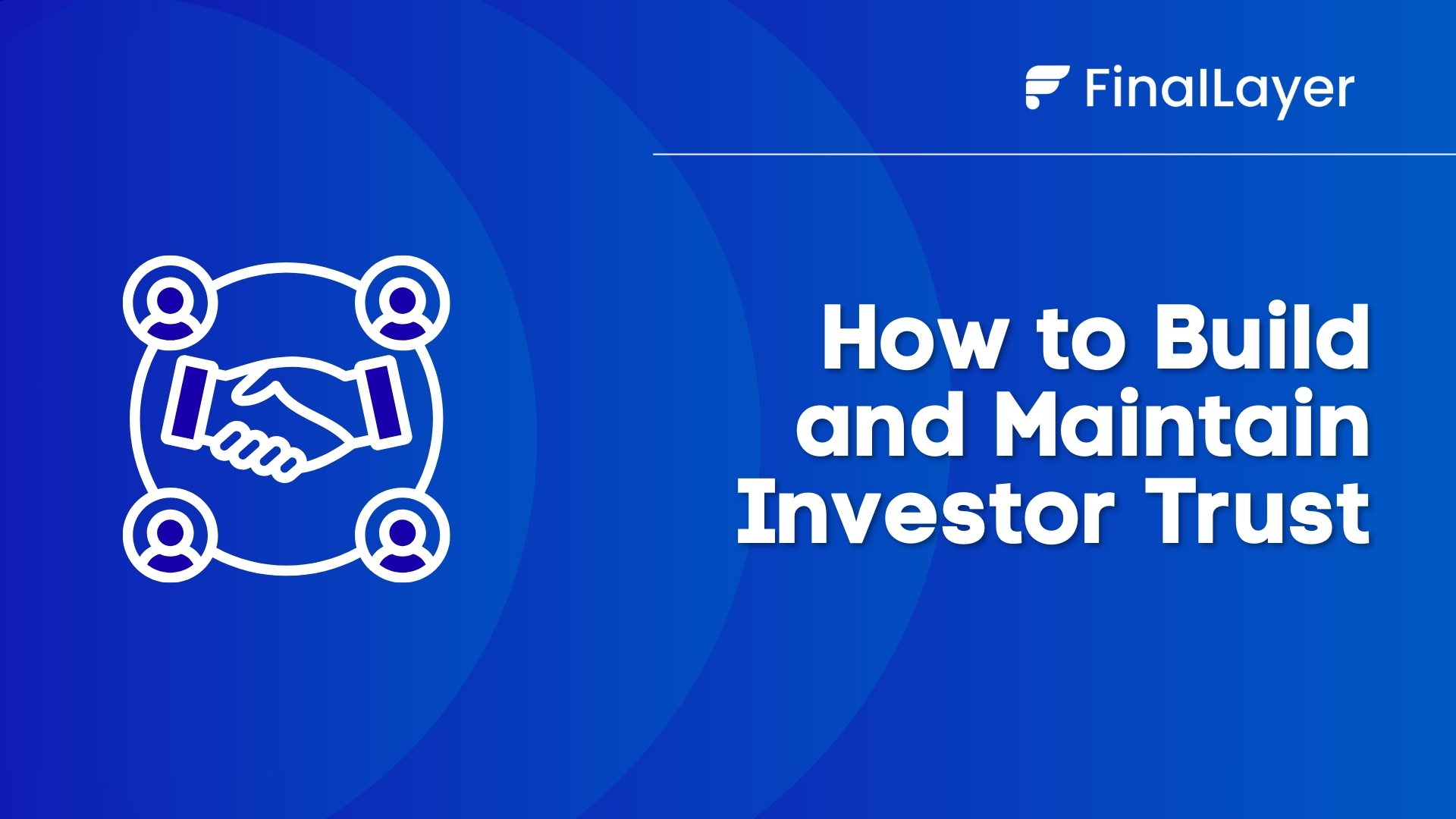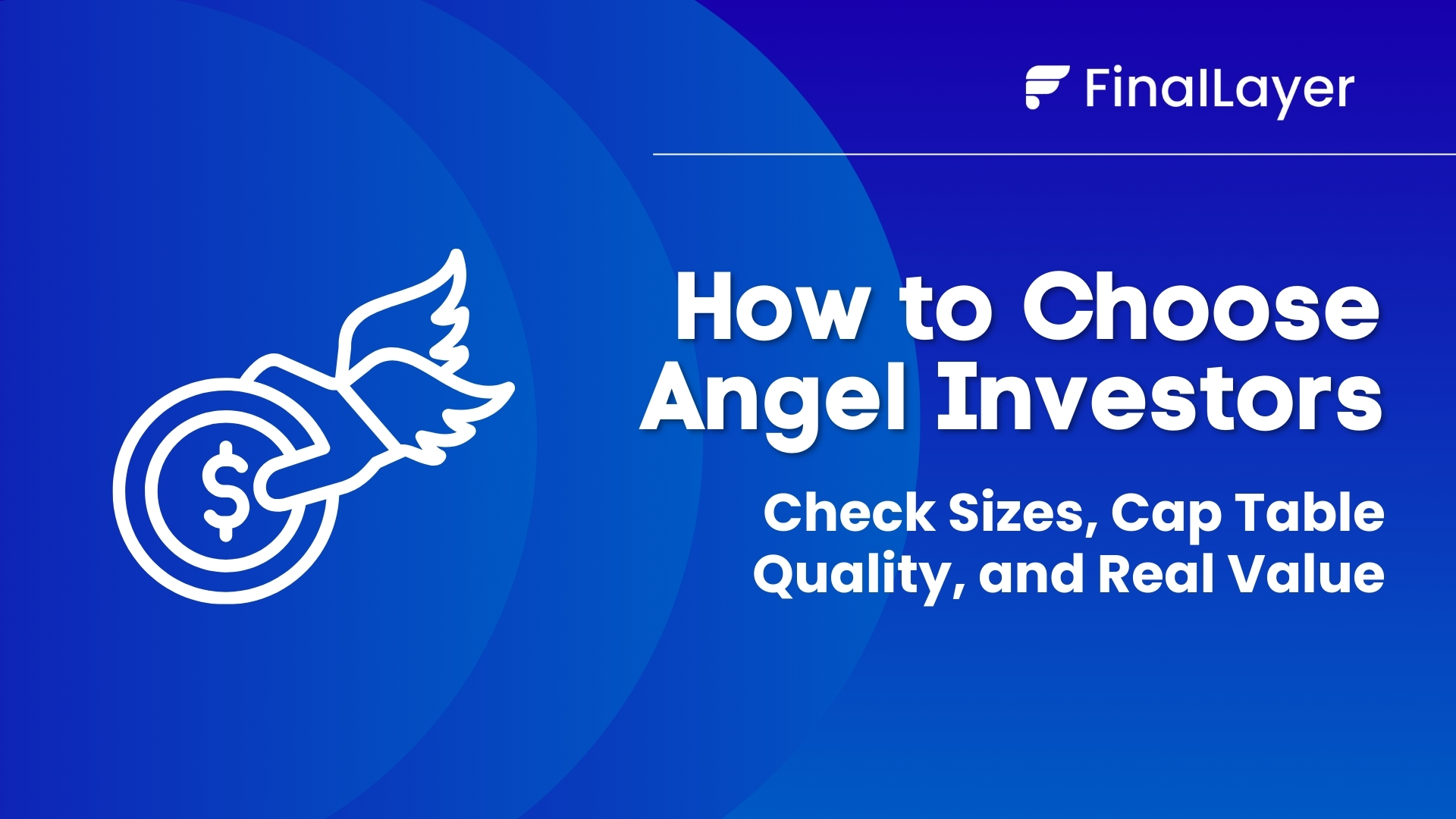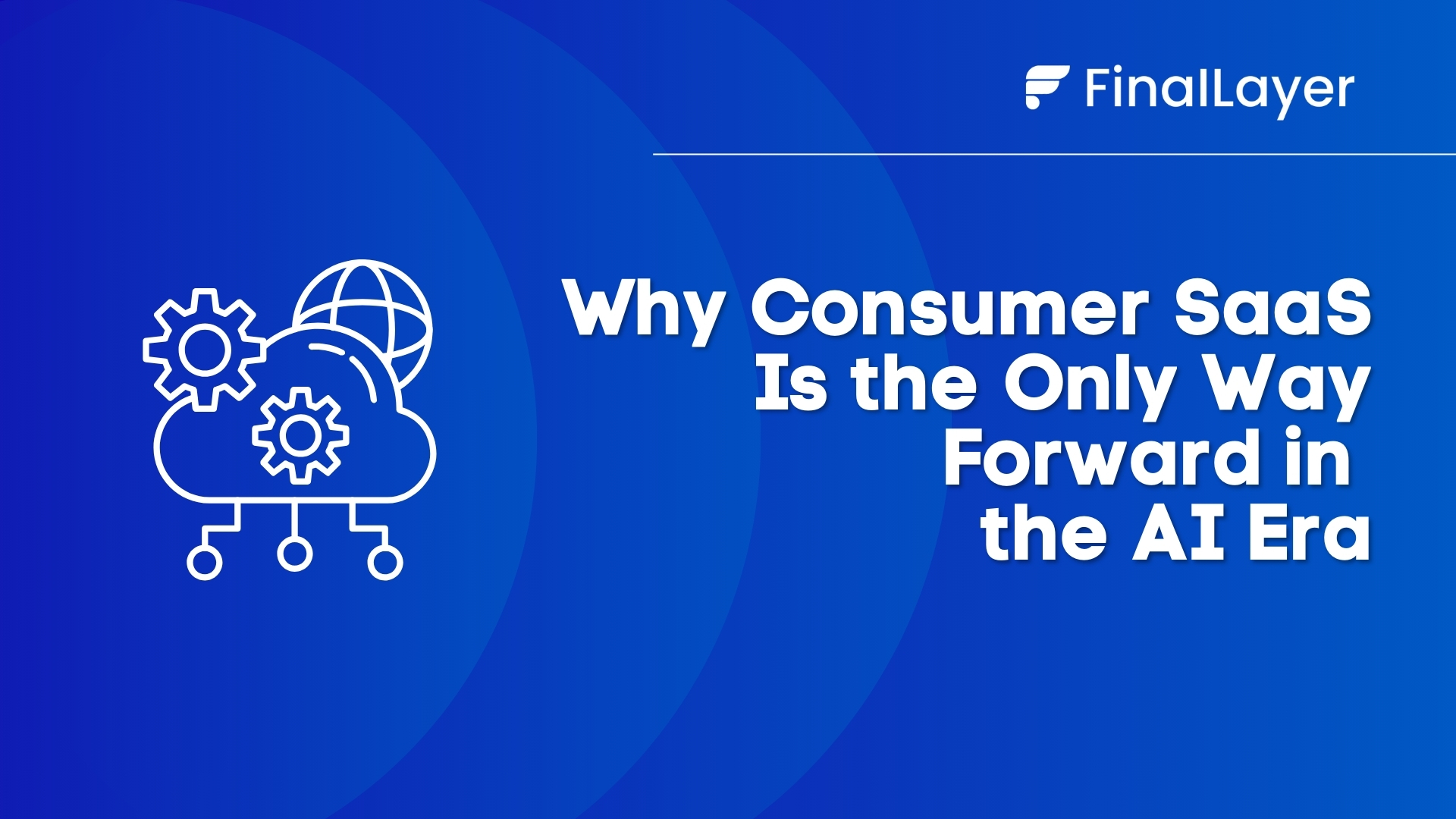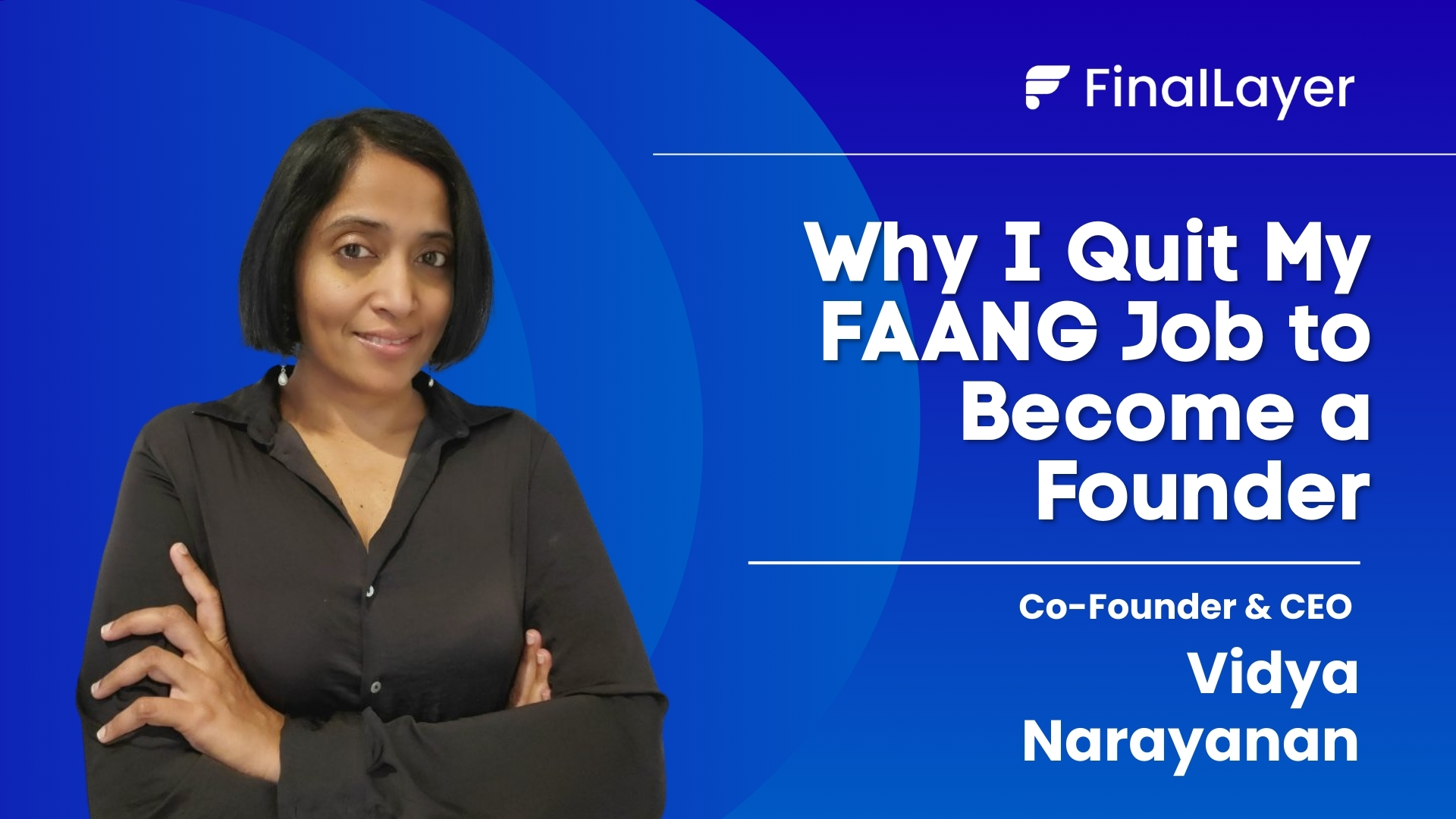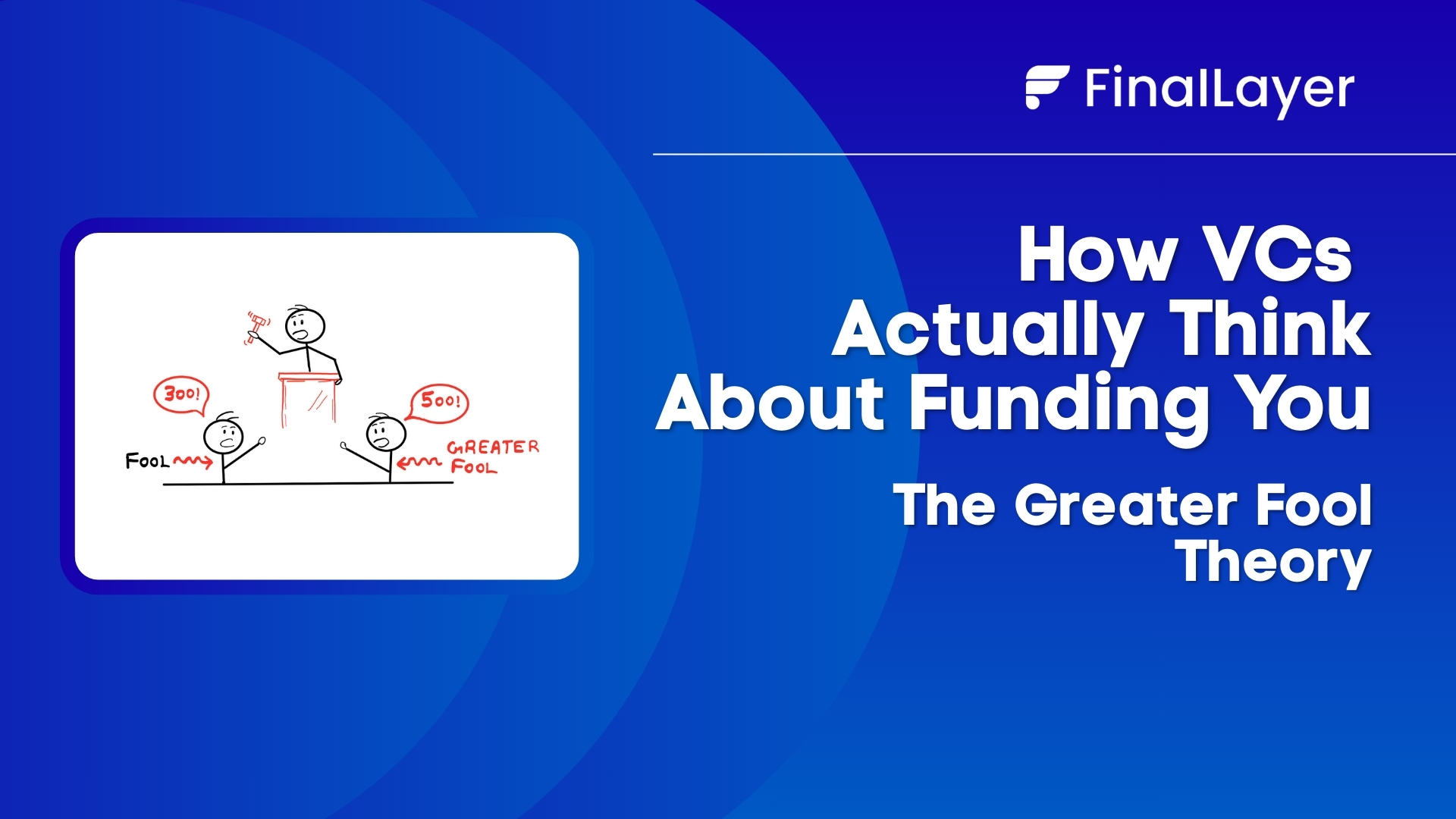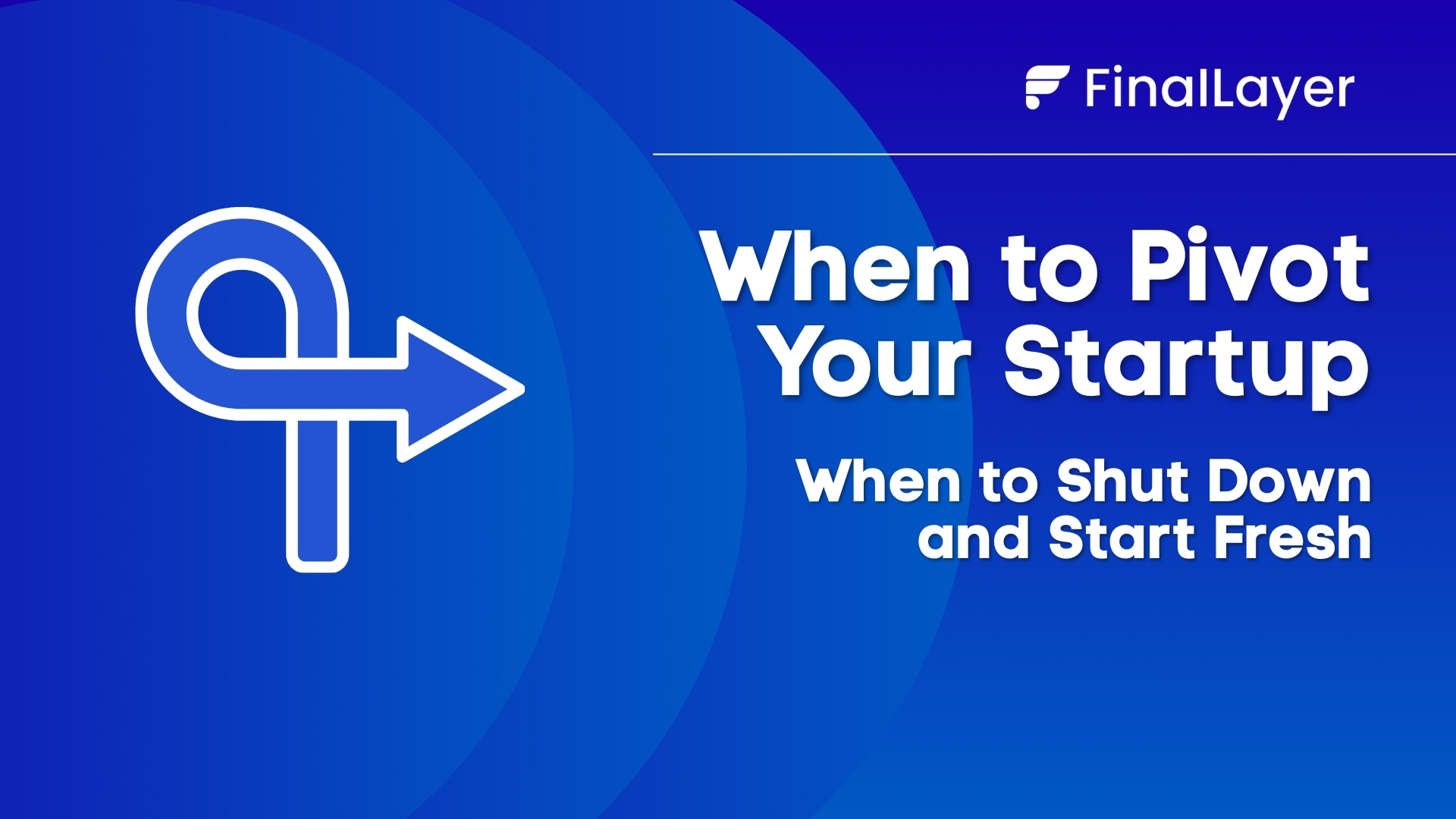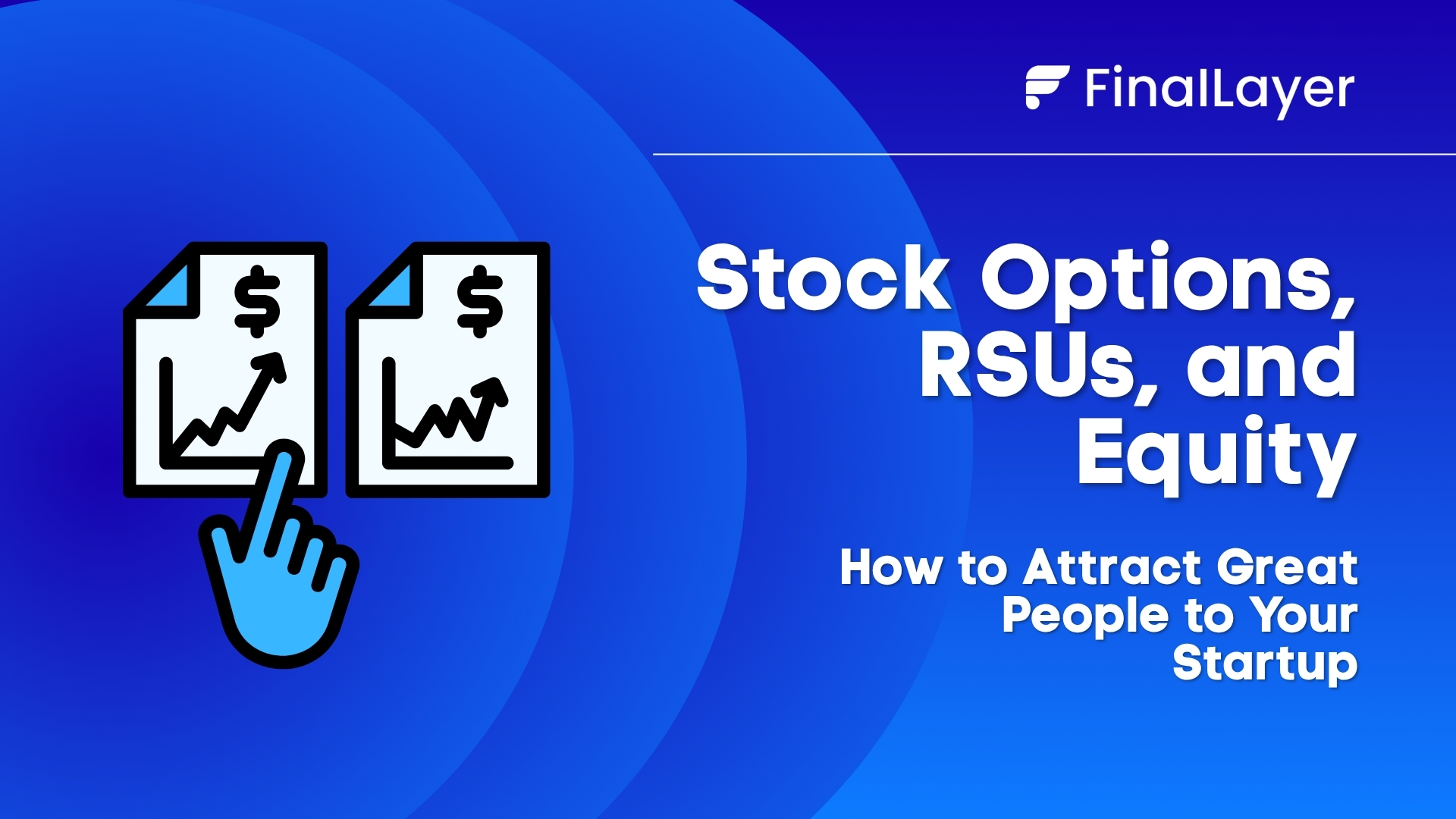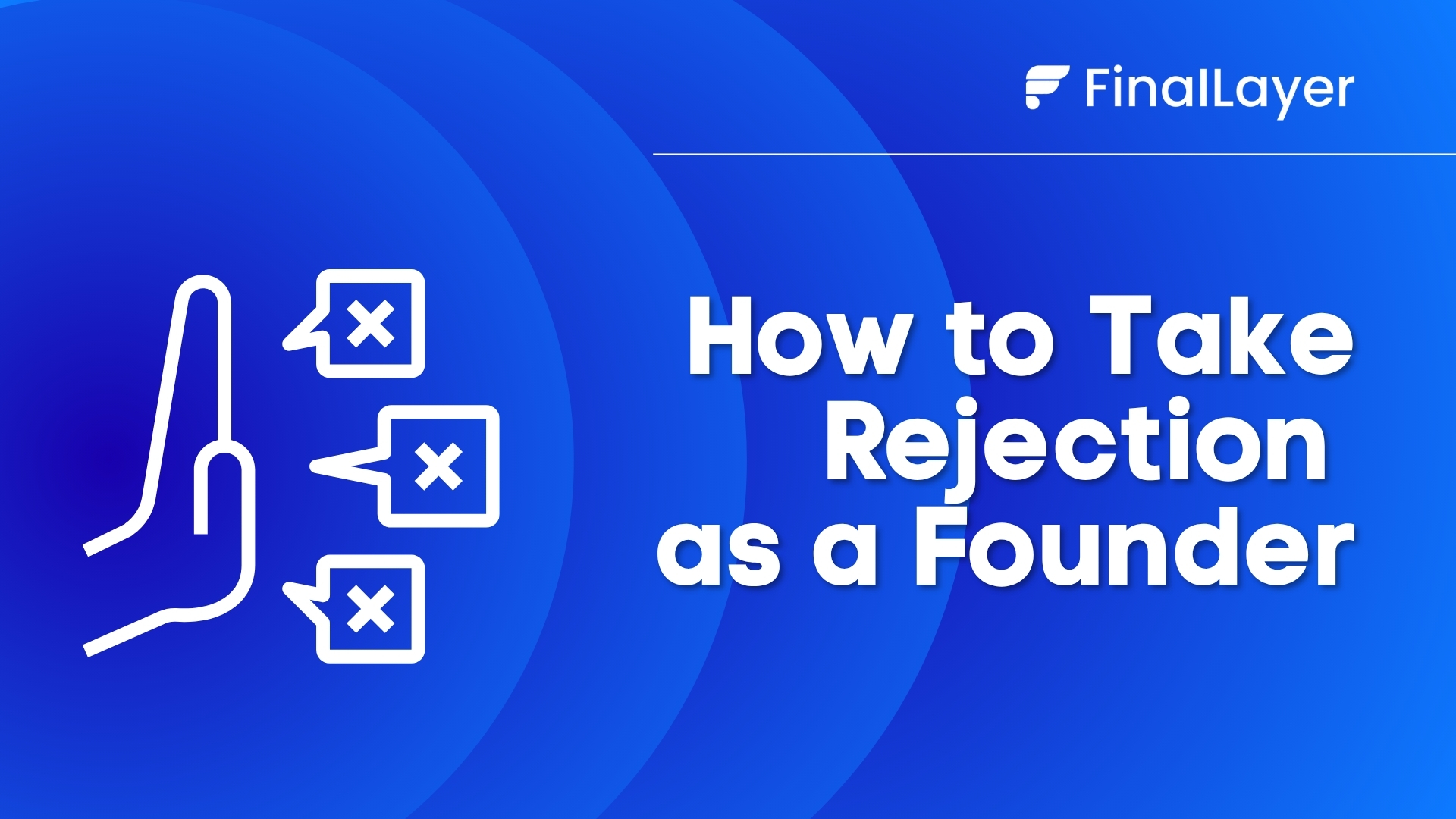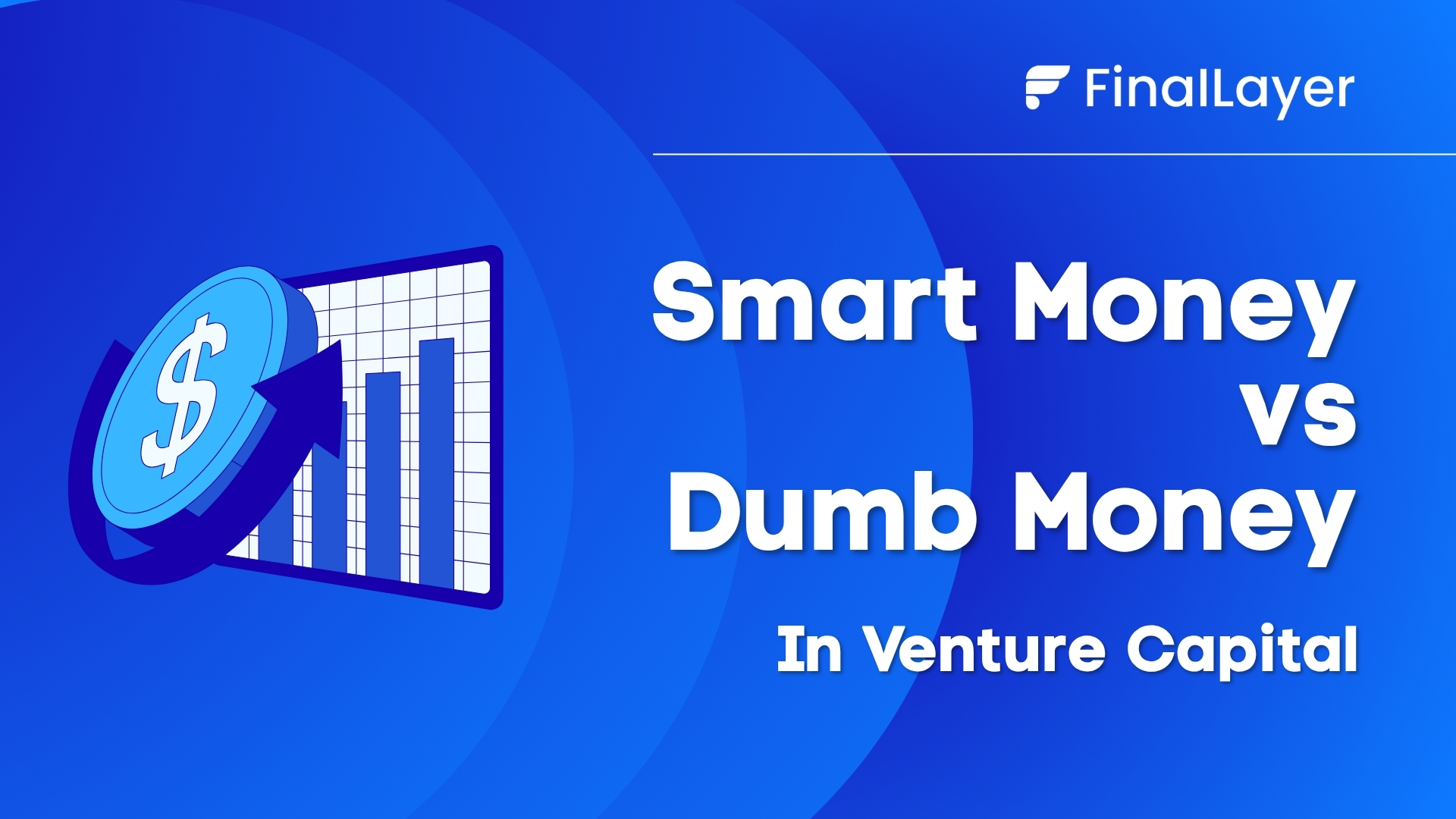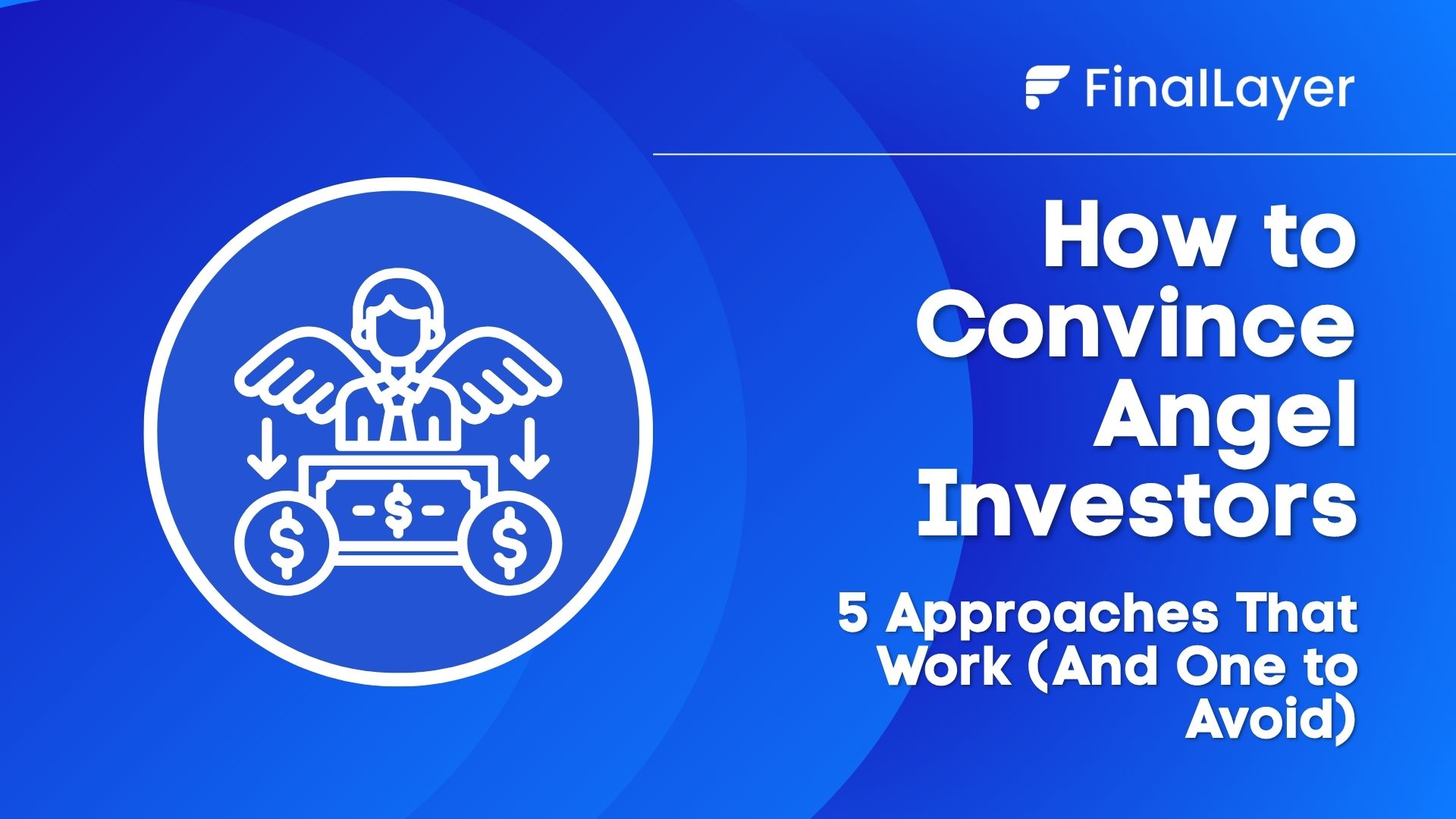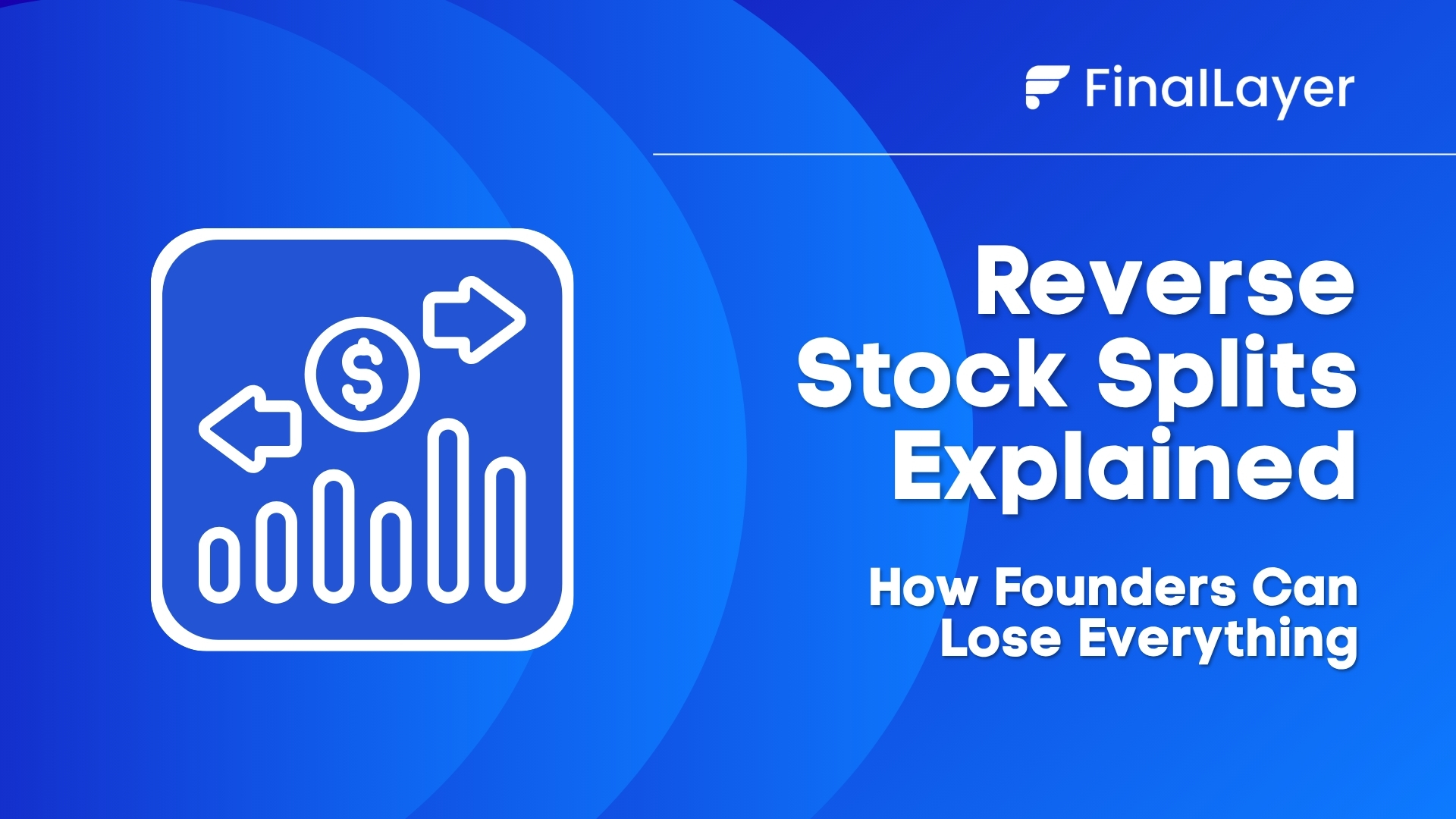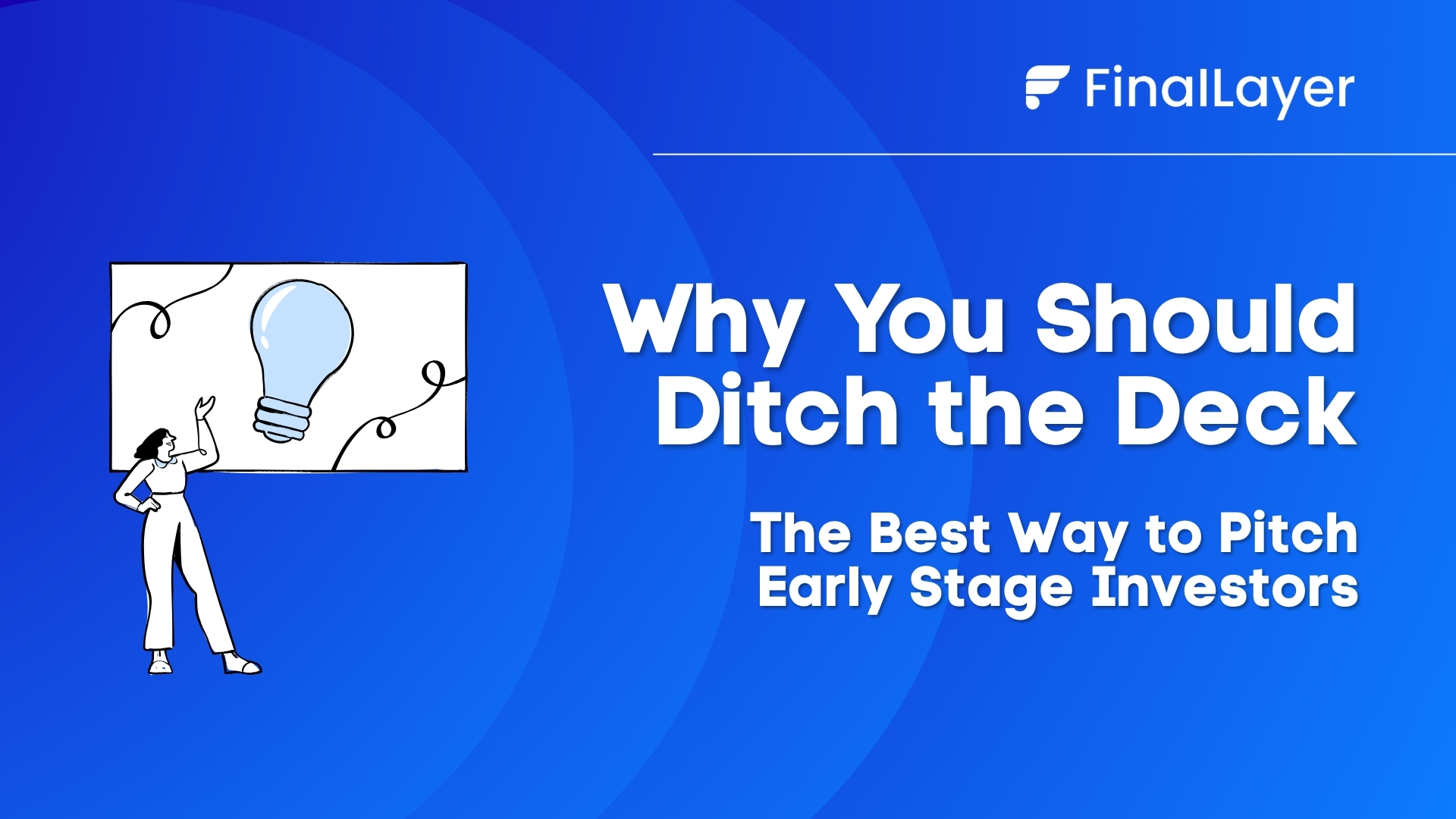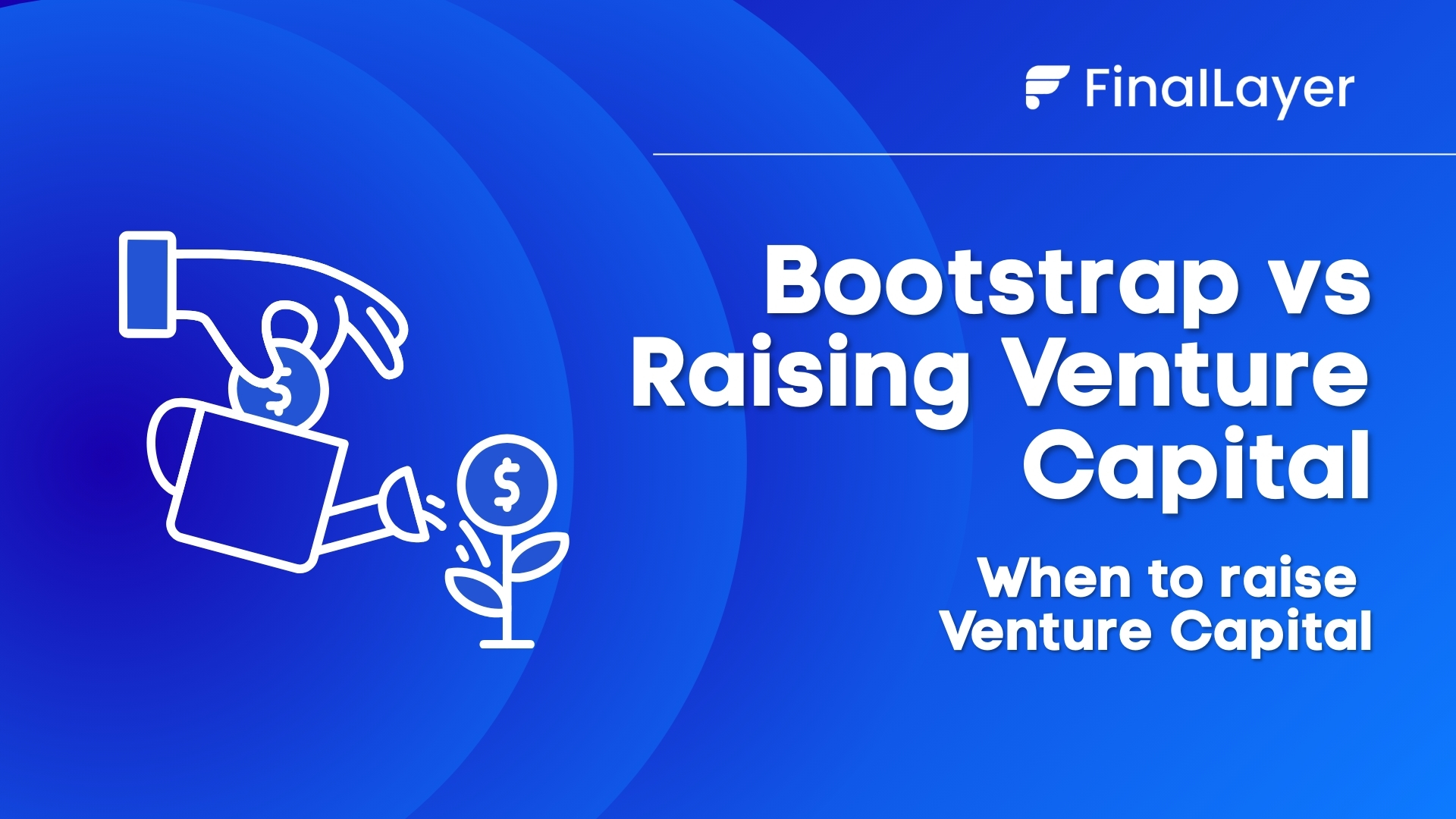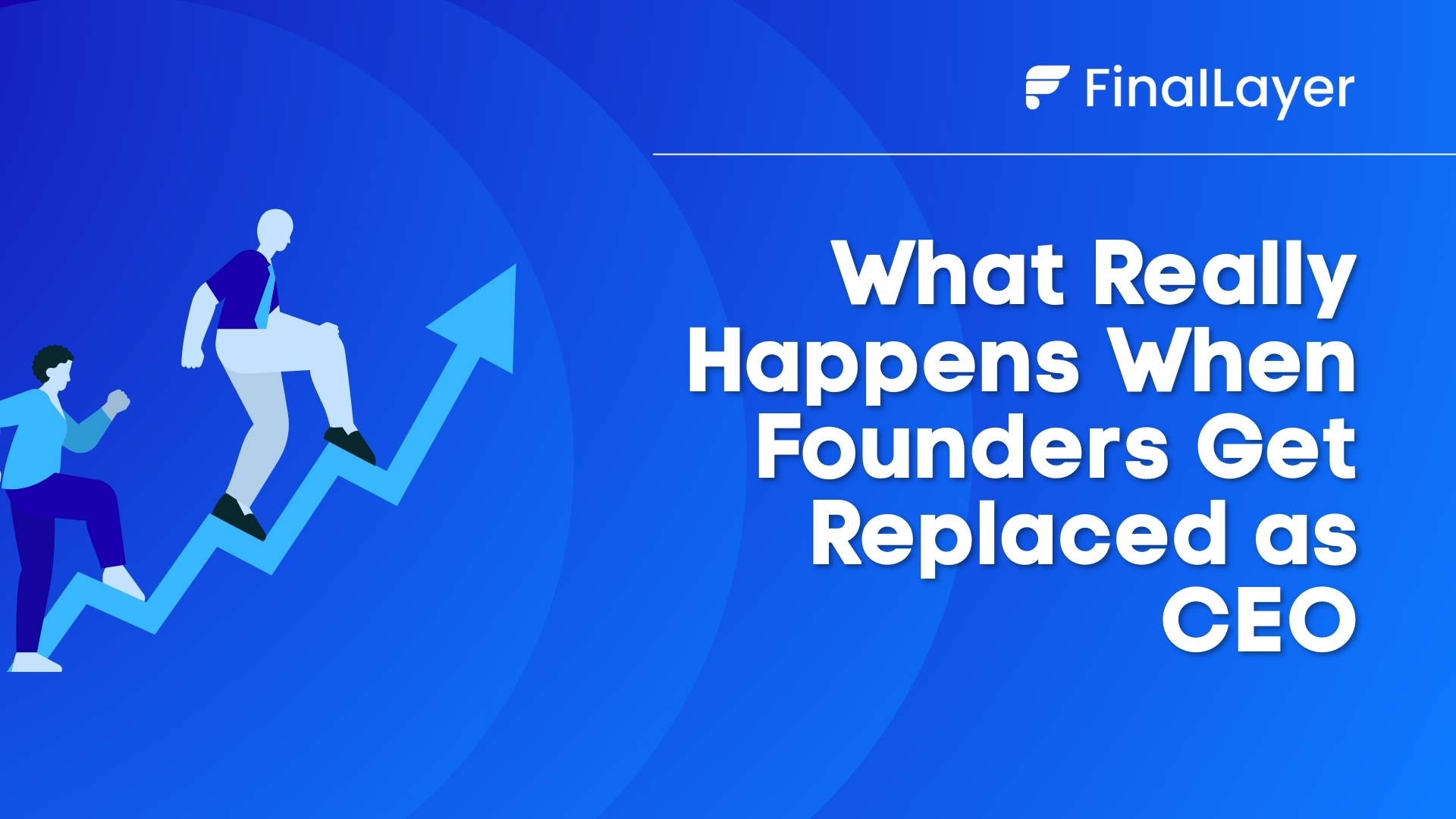In this job market, developing an entrepreneurial mindset for your job search is critical. This means working on projects related to the jobs you're trying to get even before you have them. Entry-level positions are at an all-time low, and the traditional job search approach of submitting applications daily is both depressing and ineffective at moving the needle toward employment. Building a strong job search strategy requires more than polished resumes - it requires demonstrable proof that you can do the work through portfolio projects that showcase your capabilities in real-world contexts.
The Entry-Level Job Crisis
Working on projects related to the jobs you want means they will be considered important experience towards that position. Entry-level jobs are at an all-time low and are also having the most amount of difficulty landing.
And I'm starting to see people kind of regret their college degrees, which is a very dangerous path to head down. College and higher education contribute to our reasoning and critical thinking abilities in ways that are well beyond just getting a job. The value of education isn't only in immediate employment outcomes, even though that's understandably what feels most urgent when you can't find work.
I totally understand the frustration with the current job market, especially with entry-level jobs. When you've invested four years and significant money into a degree and can't land your first position, that frustration is completely valid.
The Positivity Paradox
It is very difficult to maintain positivity in such a situation, even though it demands a lot of positivity because every time you're applying to a new position, you want to appear super enthusiastic about it.
This creates an impossible bind: you need to project enthusiasm and energy to stand out in applications and interviews, but the constant rejection and lack of progress naturally drains exactly that enthusiasm and energy. You're supposed to be excited about opportunity #237 when the previous 236 went nowhere.
The Entrepreneurial Comparison
This situation is very commonly experienced by entrepreneurs because you could go months and years without tangible progress in entrepreneurship, and that's the whole point of it. Entrepreneurs build companies in environments of extreme uncertainty where most attempts fail and progress is painfully slow.
But it is unfair to expect the average person to be able to handle that level of stress because the whole point about entrepreneurship is it is built for people who are capable of handling that higher level of stress and capable of going from failure to failure without loss of enthusiasm.
Entrepreneurs self-select into a path that requires resilience most people don't naturally have. To ask that of every single person looking for a job is extremely unfair. You didn't choose unemployment. You didn't opt into a high-risk, high-rejection path. You just want to start your career.
Why Develop an Entrepreneurial Mindset for Job Search Anyway?
So I get it, and especially because I get it, I'm encouraging everyone looking for a job to start developing that entrepreneurial mindset for their job search. Not because it's fair to expect this of you, but because it's the most effective job search strategy in a difficult market.
It will give you the ability to start working on things before you have a job. And as you're doing that, you're building your experience, but also you're developing a few other skill sets that make you more resilient, more capable, and frankly more hireable.
The Dual Benefit of Project Work
When you work on projects related to your target job, you accomplish two things simultaneously. First, you build concrete experience and portfolio pieces that differentiate you from other candidates who only have coursework and internships. Second, you develop the psychological resilience to handle rejection and keep moving forward.
The project work gives you something productive to do between applications. It gives you progress to point to when everything else feels stalled. It gives you stories to tell in interviews that demonstrate initiative and self-direction.
For Tech Backgrounds: Build Projects
If you have any tech background whatsoever, if you've studied computer science or EECS or security or data science, you should start building something of your own, some kind of a project that will help you learn that next job.
This doesn't mean building the next Facebook. It means creating something that demonstrates the specific skills your target roles require. Want to work in web development? Build a web application with modern frameworks. Interested in machine learning? Train a model on an interesting dataset and deploy it. Targeting security roles? Contribute to open source security tools or document your findings from CTF competitions.
What Makes a Good Portfolio Project
The best portfolio projects are projects that solve real problems, even small ones. Building a tool you actually use is more compelling than following tutorials. Projects that show progression work well - start simple, add features over time, document your learning. Projects with clean code on GitHub matter because employers will look at your code quality and your commit history. Build projects you can demo and explain, since you'll talk about these in interviews and need to understand them deeply.
For Marketing and Business Goals: Build Your Portfolio
If marketing or business is your goal, then start building a portfolio of things that people can look at. This is actually more straightforward than many people realize because social media provides a perfect testing ground.
Start a brand new social media account and see if you can grow that to some kind of virality, and you will be able to showcase, "Hey, I got this video to 2 million views, or I built a social media account with 10,000 followers in this amount of time."
So those are all brag-worthy things if you're looking to build a marketing portfolio. These aren't theoretical skills you claim to have. They're demonstrated results that prove you understand content strategy, audience growth, platform algorithms, and engagement mechanics.
Marketing Portfolio Ideas
Beyond social media growth, consider writing a newsletter and growing it to 1,000+ subscribers. Creating video content that demonstrates understanding of editing, thumbnails, and hooks also works well. Running small paid advertising campaigns and documenting results builds valuable experience. Building a personal brand in a specific niche that attracts attention shows market understanding. Analyzing successful campaigns and creating detailed breakdowns demonstrates analytical thinking.
All of these create tangible proof points that you can do the work, which is infinitely more valuable than saying you learned about it in class.
Why Job Applications Alone Don't Work
So don't just do the day-to-day I'm applying for jobs thing, because that is A, depressing, and B, it doesn't move the needle towards where you need to go.
The depression part is obvious. Applying to 10-20 jobs per day, hearing nothing back from most, getting automated rejections from others, occasionally making it to a first round interview only to be rejected anyway - this cycle destroys your morale and makes each subsequent application harder to approach with genuine enthusiasm.
Why It Doesn't Move the Needle
But more importantly, just applying doesn't differentiate you. Thousands of people with similar credentials are applying to the same roles. Your resume looks like everyone else's resume. Your cover letter says the same things everyone else's cover letter says. You're hoping that somehow, your application will randomly get more attention than the others.
That's not a job search strategy. That's a lottery ticket.
Project work, portfolio building, demonstrated skills - these things actually move the needle. They give you something different to show. They give you stories to tell. They give you proof that you can do the work, not just claim you can do the work.
The Balanced Approach
This doesn't mean stop applying for jobs entirely. It means balancing your job search with productive work that builds your skills and portfolio. Spend half your time applying and half your time building. Or even better, build things that become natural conversation starters when you do get interviews.
"I saw you're looking for someone with experience in React. I don't have professional experience yet, but I built this application using React and Next.js that currently has 500 active users. Let me walk you through the architecture..."
That conversation is dramatically more compelling than "I learned React in my web development course and I'm a fast learner."
The Mental Health Aspect
Finally, the entrepreneurial mindset for job search helps with something that's rarely discussed: maintaining your mental health during a prolonged job search. When your only activity is applying for jobs and your only outcomes are rejections, it's easy to spiral into feeling worthless and hopeless.
But when you're simultaneously building things, learning new skills, and creating portfolio pieces, you have tangible progress to point to. You're not just waiting for someone to give you permission to start your career. You're actively building your career, even without the official title and paycheck.
This sense of progress and agency makes an enormous difference in your ability to sustain the search for as long as it takes.
At FinalLayer, we're building tools to help professionals showcase their work and build their online presence. We understand how critical it is to demonstrate your capabilities, not just claim them on a resume.
If you're navigating a difficult job search or building projects to break into your field, join our founder's Slack community where we discuss job search strategies for standing out in competitive markets and share resources for building portfolio projects in the Founder Resources tab.
